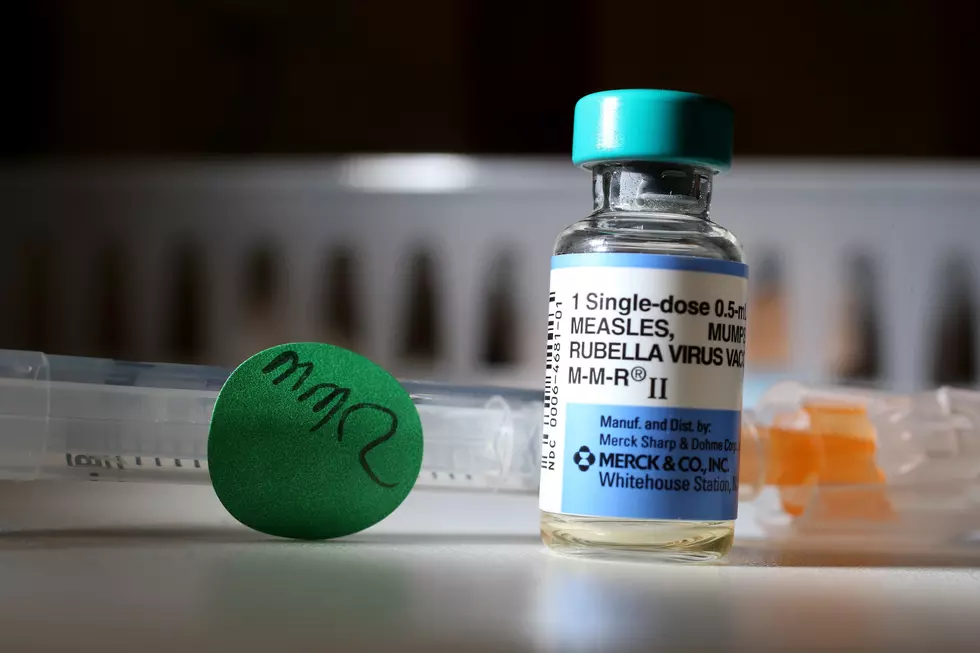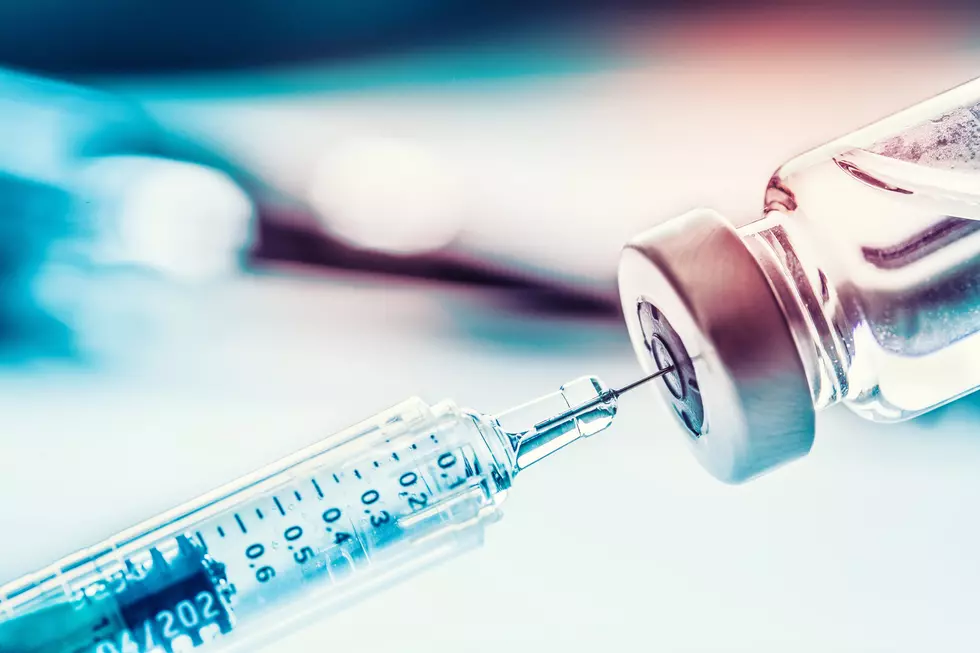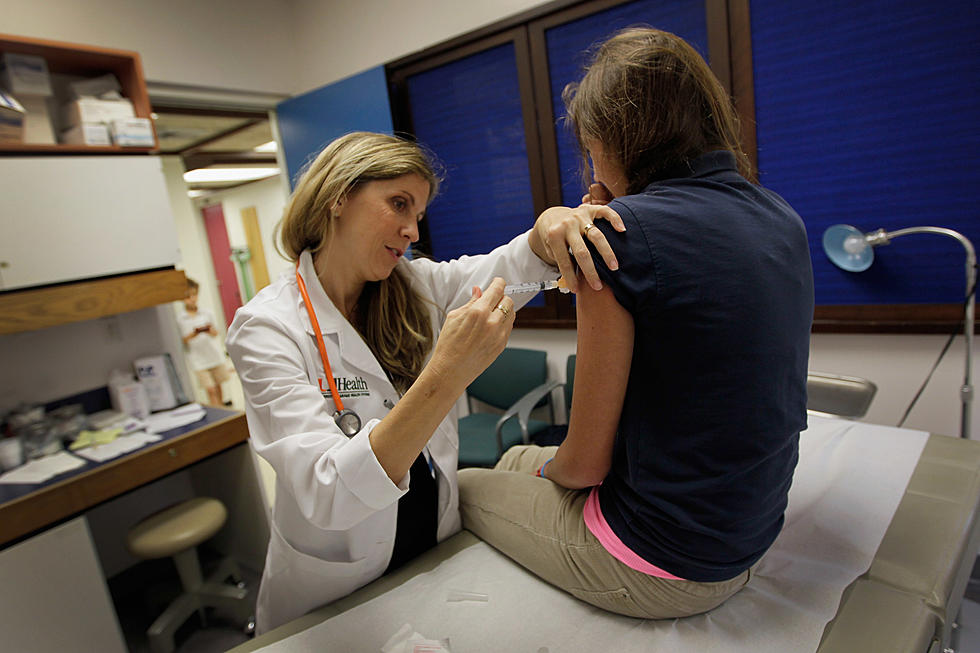
Vaccine exemption for religion could require more proof in NJ
There could soon be some hoops to jump through for parents who want their children to be exempt from vaccines for religious reasons.
Under a bill advanced Monday by New Jersey's Senate Health, Human Services and Senior Citizens Committee, it would no longer be as simple as submitting a signed statement in order to excuse one's child from the legally-mandated vaccinations for school. The bill, instead, calls for notarized documentation that includes, among other things, proof that the cited religious beliefs are "consistently held."
Students or parents would also be required to provide a doctor's note that shows they've been briefed on the risks and benefits of vaccines.
According to Dr. Wayne Yankus, a doctor with the Ridgewood School District since 1984, some families may be playing the religion card in order to disguise their philosophical or moral opposition to vaccinations.
"We've had typically, from '84 to 2008, maybe one or two religious exempters," he said, speaking in favor of the bill. "We now have 86."
The New Jersey Department of Health approved nearly 9,000 religious exemptions in 2014. Another 1,592 students were excused for medical reasons.
Yankus suggested increased vaccine enforcement would save both lives and money. He pointed to a Monmouth County breakout of whooping cough in 2009 that, because of religious exemptions, cost significantly more money than necessary.
Those opposed to the measure questioned its constitutionality and insisted it discriminates against New Jersey's religious families.
"This law targets and demands additional burdens of these families," said Louise Kuo Habakus, founding director of the Center for Personal Rights. "The requirement of additional doctor visits and notary services adds unnecessary expenses to already-stressed households."
Habakus added that implementation would be a "nightmare" if the bill were ever to become law.
A mother from Hudson County said vaccination carries "very real religious implications" because it requires the injection of substances that are "concerning for reasons that go beyond medicine and science."
More From New Jersey 101.5 FM









